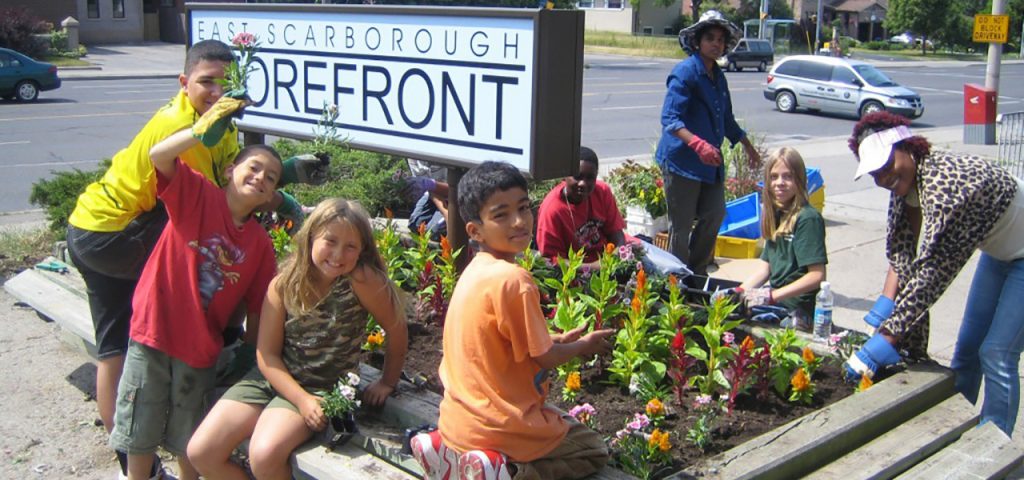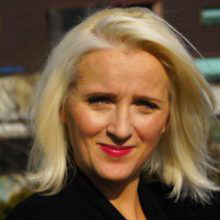 The year-end is a milestone for many who engage mindfully in their philanthropy – a time of reflection and planning. December is a time to celebrate all the ways in which we have engaged in personal or family philanthropy through the year.
The year-end is a milestone for many who engage mindfully in their philanthropy – a time of reflection and planning. December is a time to celebrate all the ways in which we have engaged in personal or family philanthropy through the year.
As 2020 comes into view, you have an opportunity to set intentions for how you want to engage differently or deeper with your philanthropy in the coming year. Perhaps you have a favourite charity that you give to every year, or you sit on the board of a family foundation. Or maybe you have not been as intentional about how you make philanthropic decisions, but you would like to be.
As nonprofit philanthropic advisors, we offer the following five key questions to help our partners carve out their own unique roadmap to meaningful philanthropy.
1. If you were to begin to give, give differently, or give more, what would that look like?
Honour your values and your desire to facilitate the change that you want to see in the world. In a notebook set some ambitious but realistic goals for your giving – the issues you want to explore, the tools that you will use, and the milestones that will help you measure success. Check back in with your plan in June – are you on track? Does your plan need adjustment? If this seems like a great plan, but too much work, a philanthropic advisor can help design a plan that is right for you and put your philanthropy on cruise control.
2. What personal values do you want to bring forward in your giving?
Your philanthropy can be an expression of who you are. Identifying and connecting your values to your philanthropy will help carve out the ‘why’ in your giving. For example, let’s say ‘community’ is a core value for you. Then you can ask yourself, why do I value community in myself and others? Is there a way that I can express community in my giving? How can I connect with charities that reflect these values?

3. Are you activating your philanthropy to its fullest potential? If not, what has been holding you back?
Many of today’s social change philanthropists have moved from ‘chequebook philanthropy’—a passive giving strategy—into innovative full portfolio activation including social impact bonds, impact investing, mission-related investing, and funder collaboratives. These solutions may seem daunting, but they do not have to be if you have the right advisor who understands your vision and goals, and can do the leg work for you.
4. What is your relationship to money, and how does that play out in your philanthropy?
Whether you have modest financial resources or an abundance, everyone can craft a giving strategy that works for them. There is a financial narrative woven through the complexity of our intergenerational relationships, and it has an impact on how we view and make decisions for our financial resources today. Participating in a thoughtfully curated exercise with a skilled philanthropic advisor will help you acknowledge and understand the story of your relationship with money, allowing you to make more mindful decisions.
5. Is your philanthropy deeply rooted in your family foundation, and if so, what are the challenges and opportunities this presents?
Many Generation X, Y, and Z philanthropists who sit on the boards of their family foundations aspire to set new goals and modernize the family philanthropy but are faced with complex intergenerational challenges in family decision making. Working with a skilled philanthropic facilitator can help revolutionize the family’s philanthropic resources while honouring the legacy of the Boomer, Silent, and G.I. generations.
I invite others who have been thinking about engaging differently with their philanthropy to make 2020 the year where your philanthropic plan is a complement to your personal values, your investment strategy, and your retirement plans. By this time next year, you will be fulfilled and nourished by the decisions you have made.

Leanne Burton is the Director of Partnership Development at Tides Canada where she develops customized philanthropic solutions for individual philanthropists, private foundations, and corporations.
